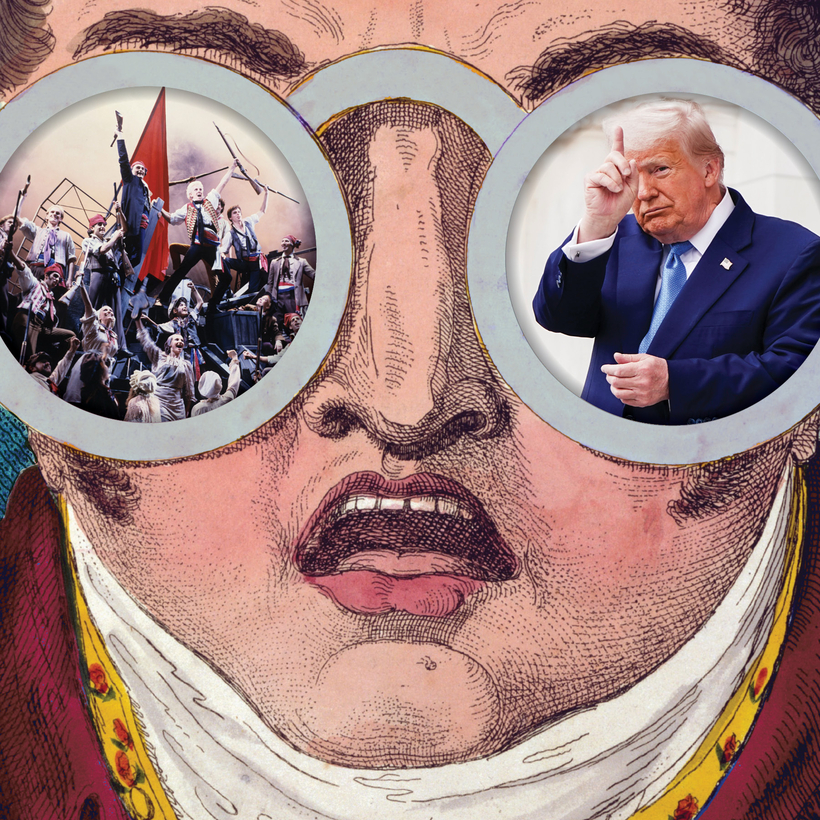Just when you thought things couldn’t get any worse, Donald Trump has taken over the Kennedy Center, appointed himself as chairman, and is now working to remake the most storied cultural institution in Washington, D.C., in his own image.
Since 1971, the John F. Kennedy Center for the Performing Arts—founded by Kennedy as an “artistic mecca” and renamed by Congress as a “living memorial” to the president two months after his assassination—has hosted a wide range of performing-arts and music genres and has made a point of being bipartisan in its curation. But since retaking the White House for his second term, Trump has stacked the Kennedy Center’s board with trusted MAGA allies, promised to purge “drag shows” and “woke” content from the venue, and barred the National Endowment for the Arts from funding works that promote “gender ideology.”


